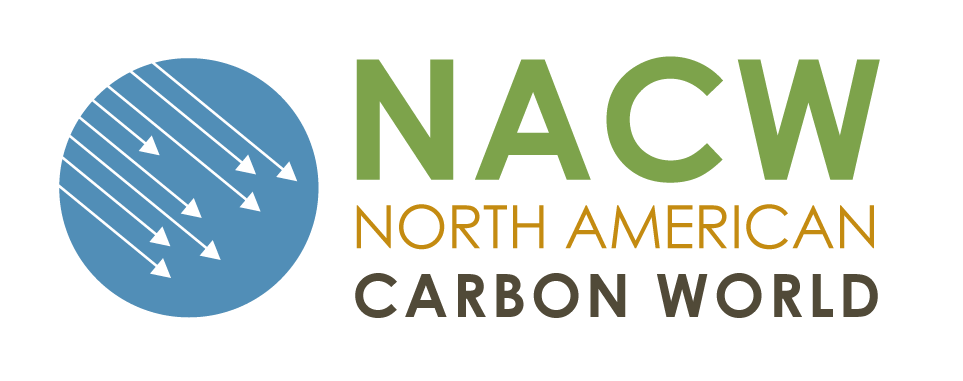The Climate Action Reserve continues to uphold rigorous standards in offset projects with the release of version 3.0 of its Livestock Project Protocol
Los Angeles, CA – The Climate Action Reserve, North America’s largest carbon offset registry, released version 3.0 of the Livestock Project Protocol, providing updated guidelines for livestock operations to participate in the carbon market. Significant amounts of methane, which is over 21 times more potent to the atmosphere than carbon dioxide, can be produced at livestock operations. With the updated livestock protocol, operations have more opportunities to reduce their methane emissions and earn offset credits that can be sold in the carbon market.
The Livestock Project Protocol ensures the integrity and long-term environmental benefit of installing manure biogas control systems at livestock operations, including dairy cattle and swine farms. With this protocol, operations that capture and destroy methane from livestock manure before it is released into the atmosphere receive carbon offset credits that can be traded in the carbon market
The protocol ensures that livestock operations can effectively reduce greenhouse gases and thrive while earning offset credits in a carbon market,” said Linda Adams, Secretary of the California Environmental Protection Agency and Chair of the Climate Action Reserve Board of Directors.
Version 3.0 of the protocol includes revised guidance on determining the greenhouse gas (GHG) assessment boundary of projects. This includes clear details on the standard stocking rates and new options for complying with the reporting period and verification requirements to reduce verification costs. All offset projects registered with the Climate Action Reserve are required to undergo independent, third-party verification.
Livestock manure management provides a key opportunity to reduce significant methane emissions, while at the same time generating revenue for the livestock operator. Version 3.0 of the Livestock Project Protocol recognizes that opportunity and ensures that livestock manure management projects are developed, quantified and verified with the highest level of integrity,” said Gary Gero, President of the Climate Action Reserve.
The Climate Action Reserve also released version 2.0 of the Mexico Livestock Project Protocol, which provides guidance for livestock offset projects in Mexico. To date, livestock projects registered with the Climate Action Reserve have reduced 151,903 metric tons of CO2e from the atmosphere, equivalent to taking over 29,000 passenger vehicles off the road annually. The original livestock protocol was adopted by the Climate Action Reserve Board of Directors in June 2007 for projects in the United States.
Please visit the Climate Action Reserve website to access the Livestock Project Protocol Version 3.0, as well as all public comments regarding the protocol and the submitted responses to the comments.
The Climate Action Reserve continues to uphold rigorous standards in offset projects with the release of version 3.0 of its Livestock Project Protocol
Los Angeles, ca – The Climate Action Reserve, North America’s largest carbon offset registry, released version 3.0 of the Livestock Project Protocol, providing updated guidelines for livestock operations to participate in the carbon market. Significant amounts of methane, which is over 21 times more potent to the atmosphere than carbon dioxide, can be produced at livestock operations. With the updated livestock protocol, operations have more opportunities to reduce their methane emissions and earn offset credits that can be sold in the carbon market.
The Livestock Project Protocol ensures the integrity and long-term environmental benefit of installing manure biogas control systems at livestock operations, including dairy cattle and swine farms. With this protocol, operations that capture and destroy methane from livestock manure before it is released into the atmosphere receive carbon offset credits that can be traded in the carbon market
“The protocol ensures that livestock operations can effectively reduce greenhouse gases and thrive while earning offset credits in a carbon market,” said Linda Adams, Secretary of the California Environmental Protection Agency and Chair of the Climate Action Reserve Board of Directors.
Version 3.0 of the protocol includes revised guidance on determining the greenhouse gas (GHG) assessment boundary of projects. This includes clear details on the standard stocking rates and new options for complying with the reporting period and verification requirements to reduce verification costs. All offset projects registered with the Climate Action Reserve are required to undergo independent, third-party verification.
– more –
2/LIVESTOCK 3.0
“Livestock manure management provides a key opportunity to reduce significant methane emissions, while at the same time generating revenue for the livestock operator. Version 3.0 of the Livestock Project Protocol recognizes that opportunity and ensures that livestock manure management projects are developed, quantified and verified with the highest level of integrity,” said Gary Gero, President of the Climate Action Reserve.
The Climate Action Reserve also released version 2.0 of the Mexico Livestock Project Protocol, which provides guidance for livestock offset projects in Mexico. To date, livestock projects registered with the Climate Action Reserve have reduced 151,903 metric tons of CO2e from the atmosphere, equivalent to taking over 29,000 passenger vehicles off the road annually. The original livestock protocol was adopted by the Climate Action Reserve Board of Directors in June 2007 for projects in the United States.
Please visit the Climate Action Reserve website to access the Livestock Project Protocol Version 3.0, as well as all public comments regarding the protocol and the submitted responses to the comments.




